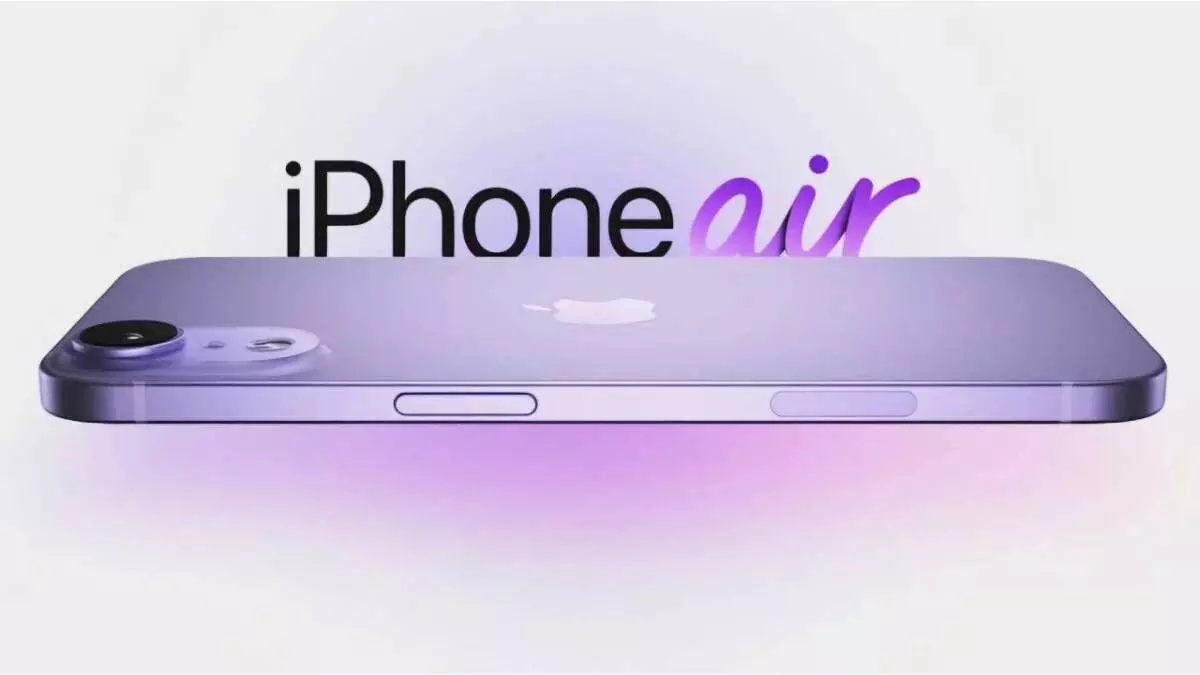Traveling With iPhone Air? eSIM Limits Could Spoil Your Plans
Apple’s iPhone Air is eSIM-only. Learn why travelers may face connectivity issues abroad and what Indian buyers should check before flying.
image for illustrative purpose

Apple has introduced its latest model, the iPhone Air, which stands out as the thinnest device in the company’s iPhone lineup. Featuring a titanium chassis, the new A19 Pro chip optimized for AI, and a 48MP Fusion camera, the device represents Apple’s push toward futuristic design. However, one notable change could affect users planning international travel: the iPhone Air supports only eSIM, eliminating the physical SIM tray found on other models like the iPhone 17.
Unlike traditional SIM cards, eSIMs allow users to activate mobile plans digitally. While this offers convenience in regions with broad eSIM adoption such as the U.S., parts of Europe, and select Asian countries, the technology is not universally supported. Travelers in countries with limited eSIM infrastructure may face difficulty connecting to local networks, and in some cases, may not have access to mobile data.
Experts warn that popular tourist destinations, such as Turkey, currently restrict eSIM functionality, limiting the ability to purchase prepaid plans quickly at airports. Similar challenges exist across parts of Africa, South America, and Asia where telecom providers have not fully implemented eSIM services. Users in these areas may be forced to rely on costly international roaming, undermining the intended convenience of the device.
Business travelers and frequent flyers could encounter significant obstacles due to these limitations. In many developing regions, physical SIMs remain the standard, and eSIM activation often involves additional verification steps, including in-person documentation, adding complexity for tourists and professionals.
Consumers in India and other launch markets are advised to carefully evaluate the practicality of an eSIM-only phone before purchasing. While Apple’s removal of the SIM tray supports the device’s ultra-slim design, it also requires users to verify eSIM compatibility in countries they plan to visit. Until eSIM adoption expands globally, the iPhone Air delivers cutting-edge performance and design but may fall short in connectivity flexibility for international travel.

